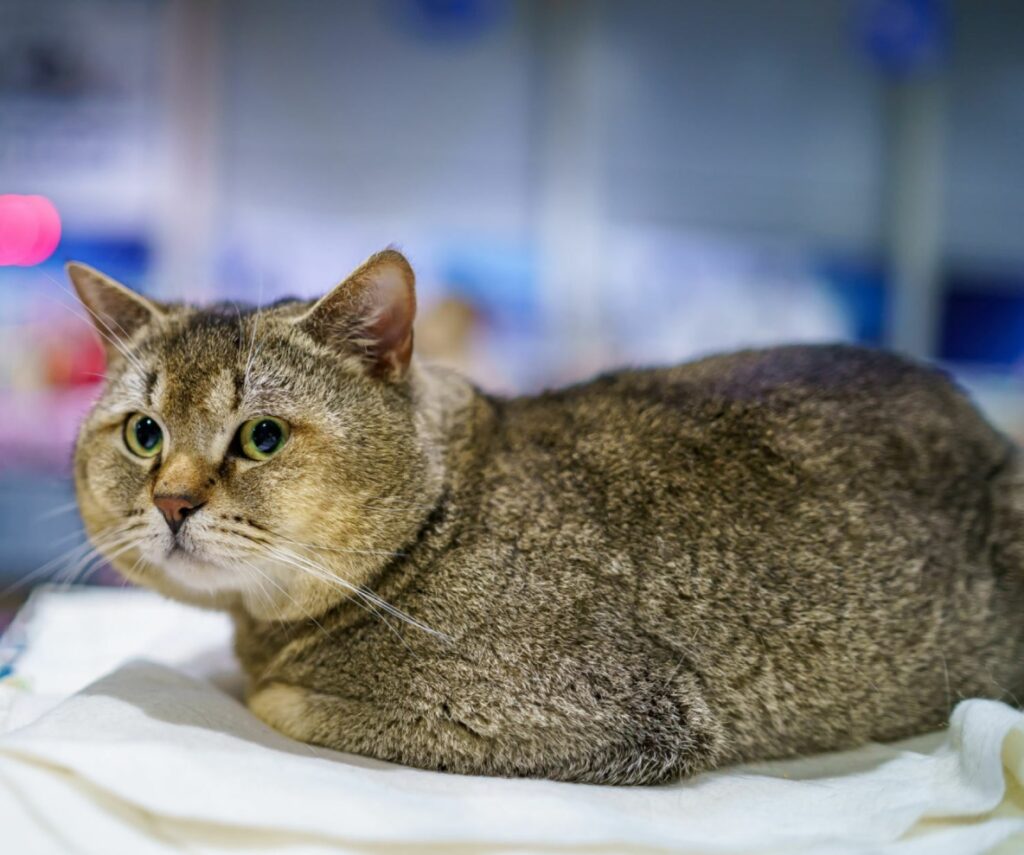Cat Food 6 Guidelines
Ensuring your cat’s diet is balanced and nutritious is essential for their overall health and well-being. With so many options available, it can be challenging to determine the best food choices for your feline friend. Here are six guidelines to help you enhance your cat’s diet and provide them with the nutrition they need.
Do Not Overfeed:
Dr. Joe Bartges warns that obesity is a common nutritional disease in cats, often stemming from overfeeding. Cats require a specific number of calories per pound of body weight each day, typically ranging from 24 to 35 calories. However, this can vary depending on factors such as activity levels and health considerations. Consulting with your veterinarian to determine your cat’s specific dietary needs is crucial for maintaining optimal health.
Necessary Amino Acids:
Unlike humans, cats require certain amino acids found only in meat for optimal health. A vegetarian diet may lack these essential nutrients, leading to potential health issues. Even dog food doesn’t provide all the necessary amino acids for cats, and prolonged feeding of dog food can have adverse effects, including blindness.
Homemade Food:
While commercial cat food is readily available, some pet owners opt for homemade diets for their cats. However, it’s essential to consult with a veterinarian to ensure the diet is nutritionally balanced. Using recipes developed by veterinary nutritionists and avoiding unnecessary supplements is vital to meet your cat’s nutritional needs effectively.
A Well-Rounded Diet:
Dr. Lisa A. Pierson emphasizes the importance of avoiding dry food for cats, as it often contains unnecessary carbohydrates that contribute to weight gain and obesity. Instead, opt for canned food, which is higher in protein and lower in carbohydrates, aligning better with a cat’s nutritional requirements.
Senior Cats:
As cats age, their nutritional needs may change, requiring adjustments to their diet. Regular veterinary check-ups are essential to monitor your cat’s health and make necessary dietary modifications. Conditions such as kidney disease may necessitate specific dietary changes, including a reduction in phosphorus and protein intake.
Consult Your Veterinarian:
Your veterinarian plays a crucial role in ensuring your cat’s diet meets their specific needs. Regular discussions about your cat’s activity levels, health considerations, and nutritional requirements during veterinary visits are essential for maintaining their long-term health and wellness.
The Role of the Animal Hospital of Aurora:
At the Animal Hospital of Aurora, we understand the importance of providing optimal nutrition for your cat. Our veterinary team is dedicated to offering comprehensive care and guidance to ensure your cat’s diet aligns with their individual needs. From dietary recommendations to regular check-ups, we are committed to partnering with you to enhance your cat’s overall health and well-being. Contact us today to schedule an appointment and learn more about how we can support your cat’s nutritional needs.



